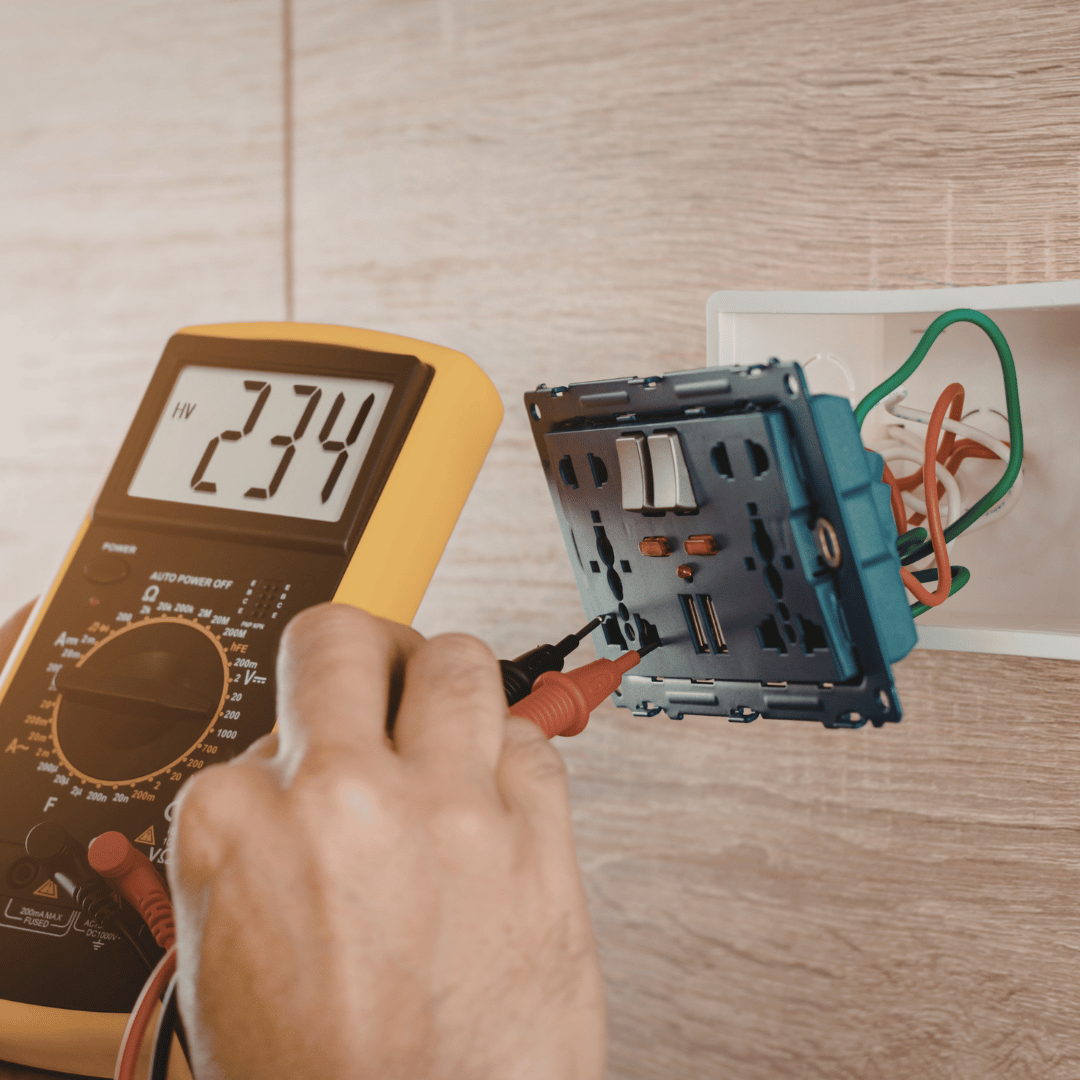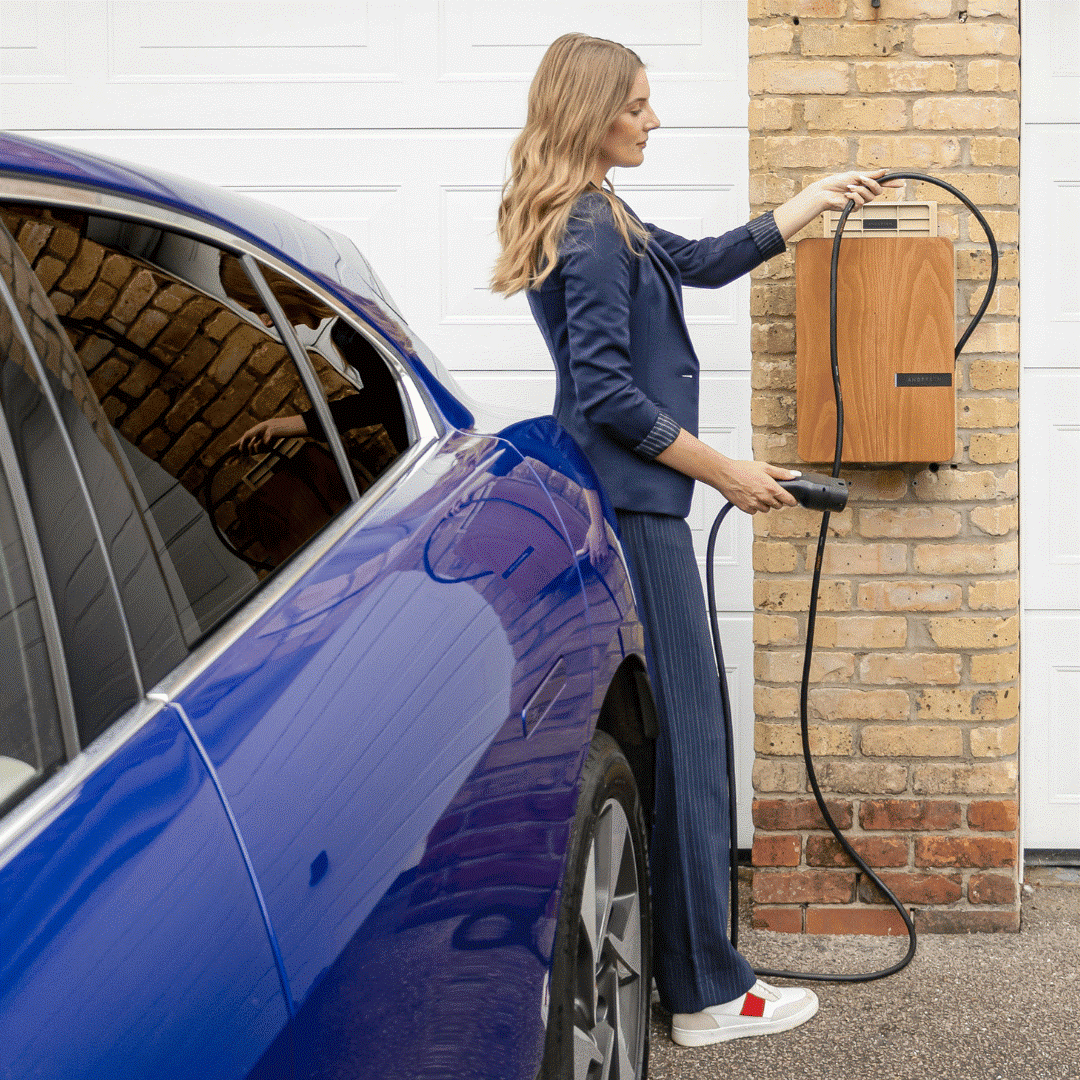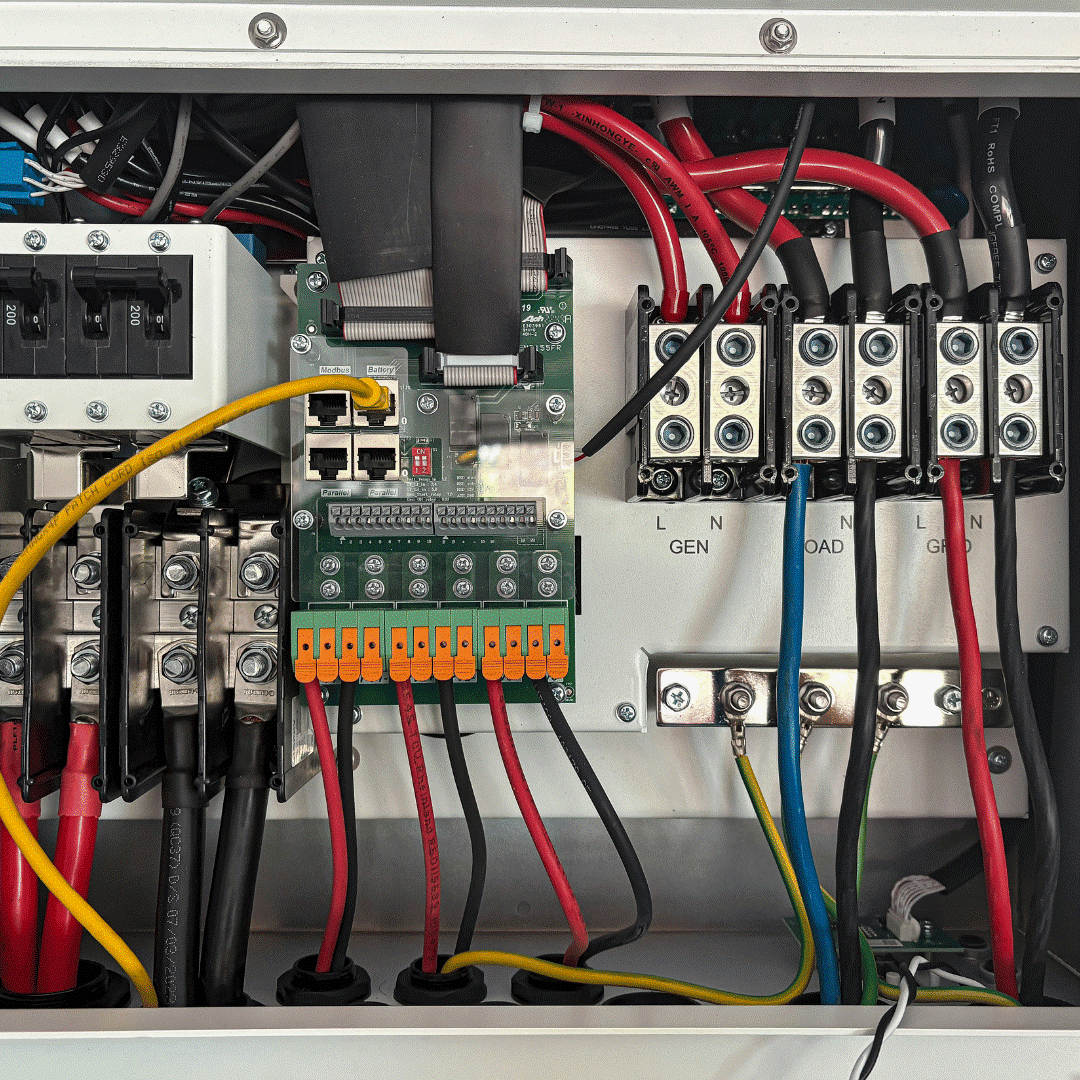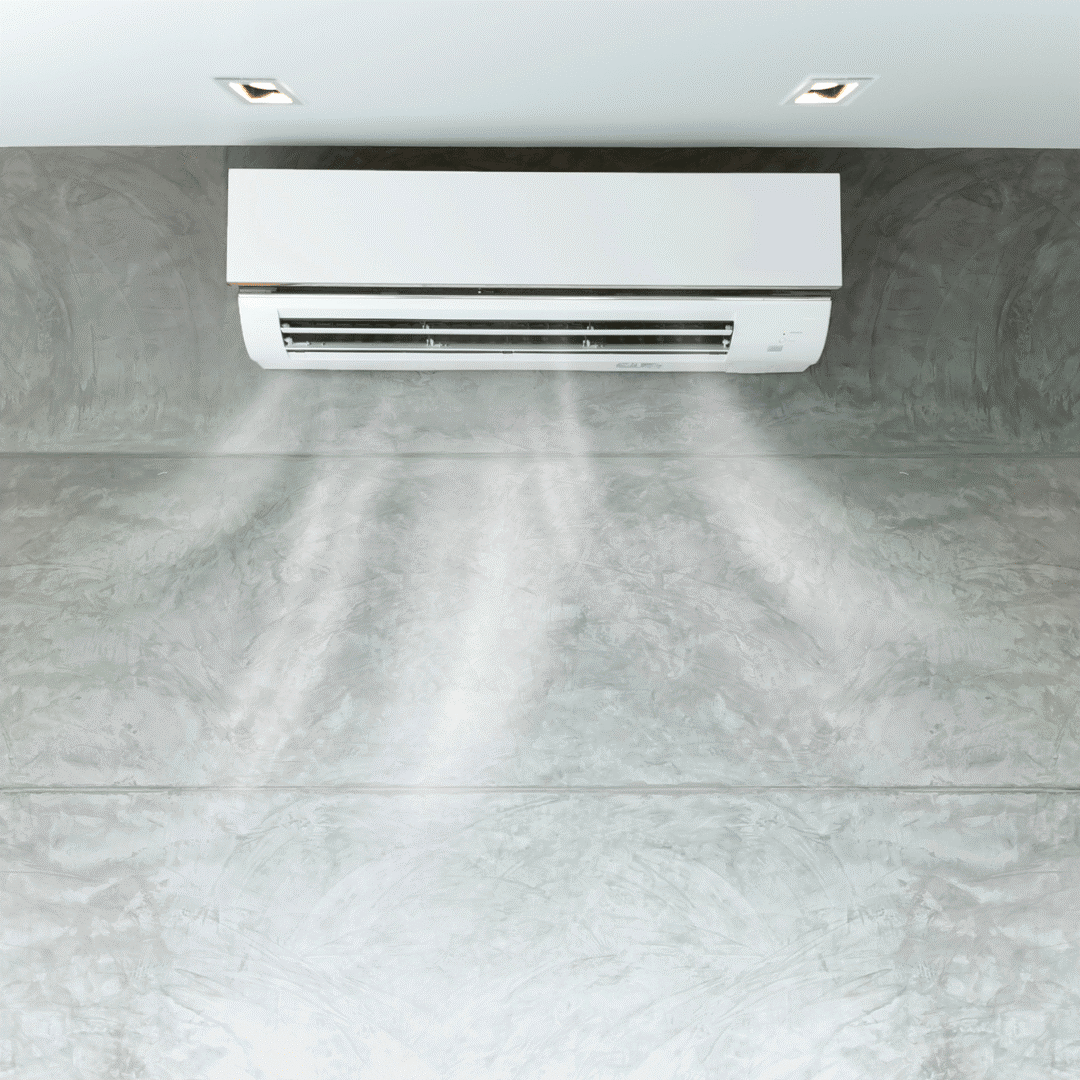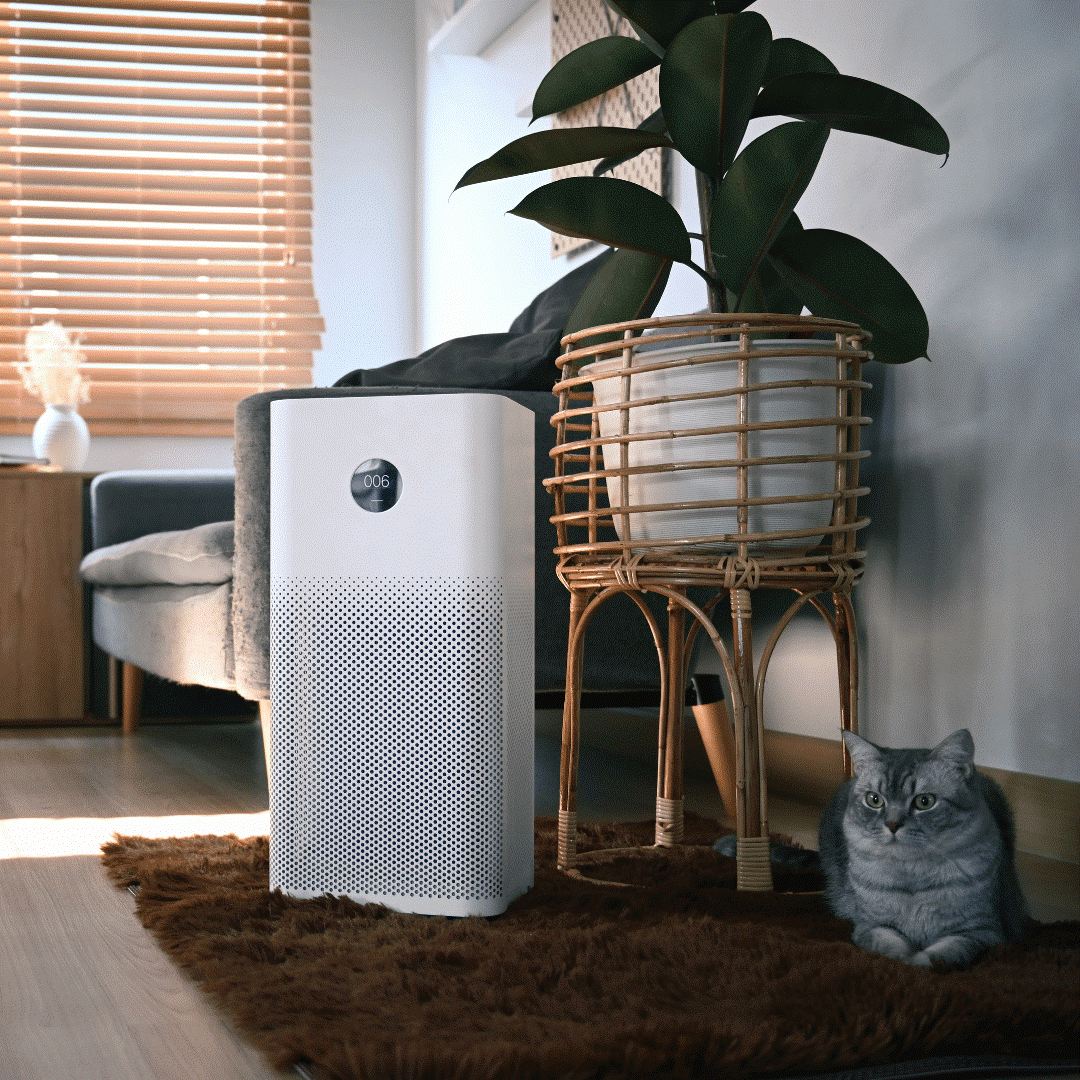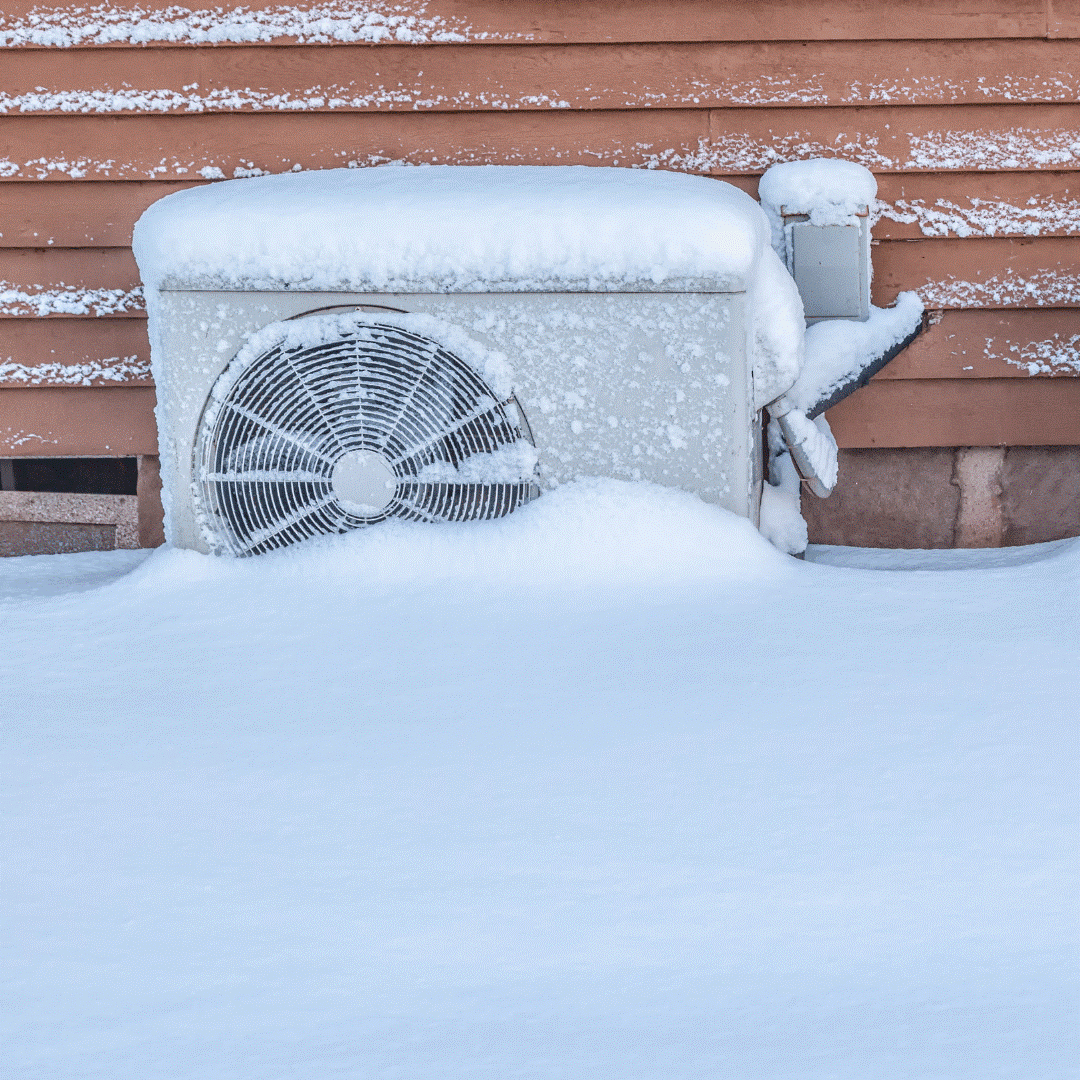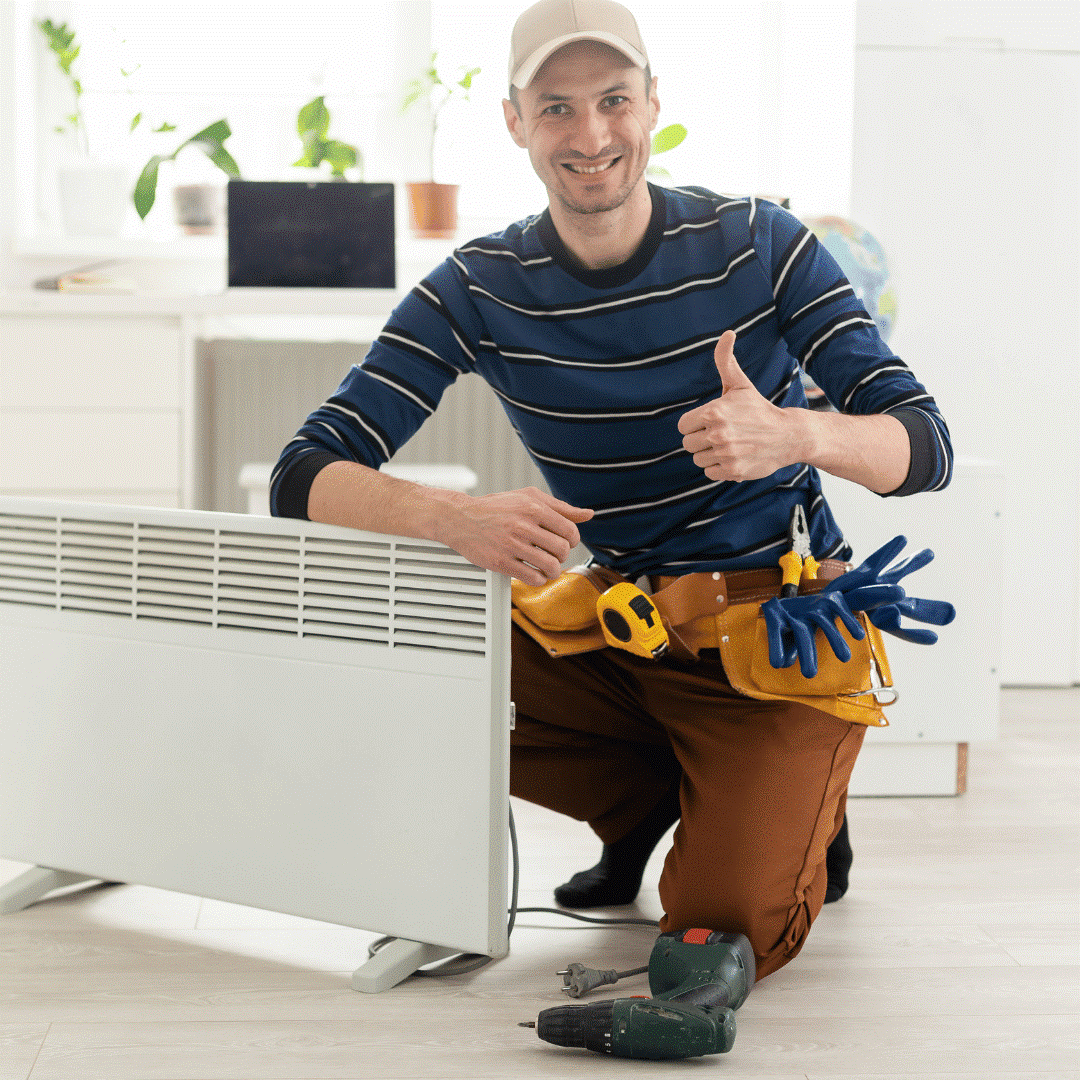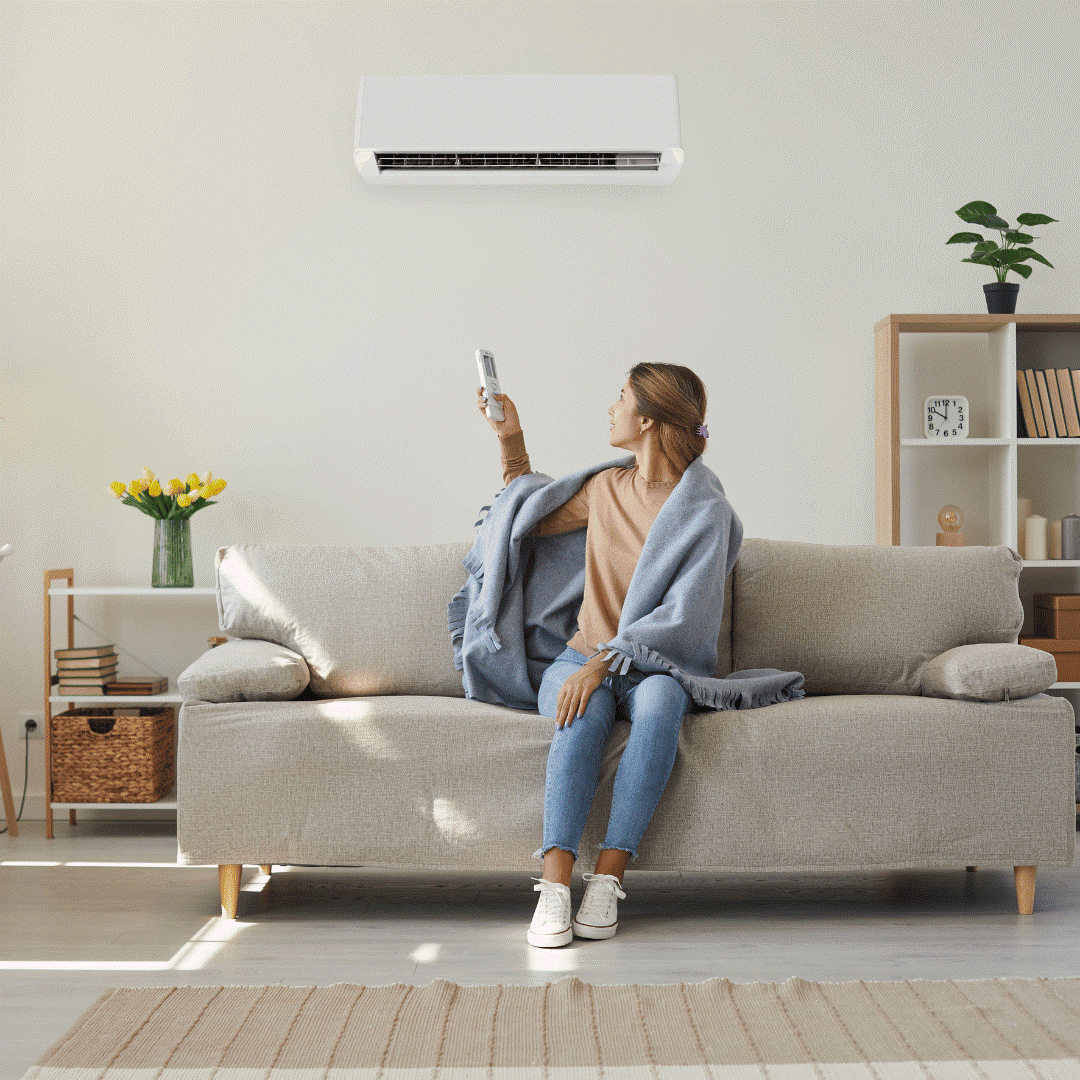When Is It Time to Replace Your HVAC Unit Rather Than Repairing a No Heat Issue?

HVAC systems are the unsung heroes of our homes. They work tirelessly to maintain the perfect temperature all year round, keeping us comfortable and happy. Unfortunately, even the best HVAC system will eventually fail, leaving us to decide whether to repair or replace it. This is especially true when you're dealing with a no-heat issue. The big question is: when should you replace your HVAC unit instead of repairing it? In this blog post, we'll explore various signs that you should look out for, which will help you make an informed decision.
What is an HVAC system?
HVAC stands for heating, ventilation, and air conditioning systems. This system is responsible for heating and cooling your home and includes products like furnaces, air conditioners, heat pumps as well as ductwork, thermostats, and other home comfort controls.
Repairing vs. Replacing Your HVAC System
All homeowners experience some sort of heat pump malfunction. It's a cold day and you crank the thermostat as usual to keep your home cool, but it doesn't work out. It’s not clear if your heater or venting system generates any energy. You think this is an easy fix, a faulty filter, or a ripped circuit breaker. You might also wonder if a simple replacement would be cheaper. What should I consider when replacing an HVAC system? Security Generally, your priority will most certainly be security.
Repair vs. Replace Recap Checklist

It is difficult to know how quickly to repair the HVAC equipment. If you are unsure what is your HVAC needs, here are some questions to ask yourself when determining whether to repair or replace your unit:
- How long have you had the HVAC system?
- What is the overall condition of the unit?
- Is it still under warranty?
- How often has it needed repairs in the past year?
- Are replacement parts readily available?
By carefully evaluating each of these factors, you can make an informed decision about whether to repair or replace your HVAC unit.
How do you know if you should repair or replace your HVAC system?
The Age of your HVAC System:
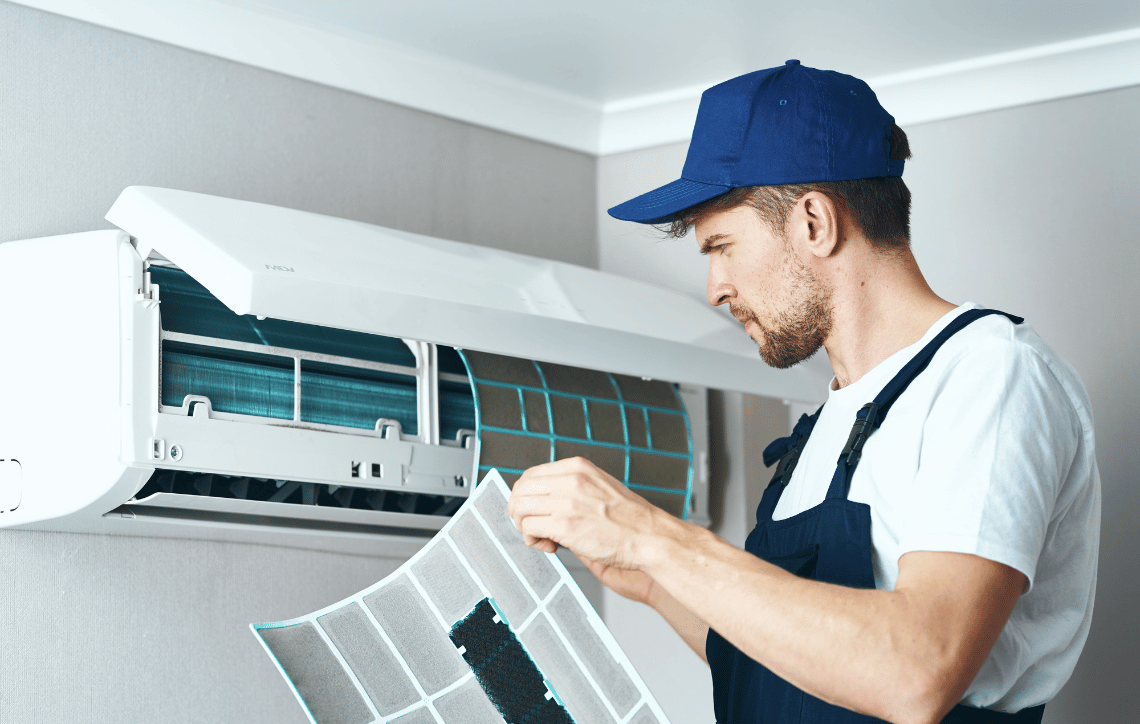
Before making any decisions, check how old your HVAC system is. According to experts, the average lifespan of an HVAC system is 10 - 15 years. If your system is more than 10 -15 years old it may be time to replace it. Most manufacturers offer an average of 10 years warranty for their equipment, so if your system has exceeded that, regular repairs and maintenance may not work as effectively. Furthermore, older systems are also less energy-efficient, resulting in higher utility bills. Upgrading to a newer model can save you money in the long run.
Constant Breakdowns and Repair:

Have you found yourself calling your HVAC technician more often than usual? While repair is always an option, it can be an expensive one. If you've spent a significant sum on your HVAC system's repair in the past two years, you may want to consider a replacement. Frequent issues can also be caused by worn-out parts. You might just end up patching your system instead of getting it fixed and risk it breaking down again.
The Cost of Repair:
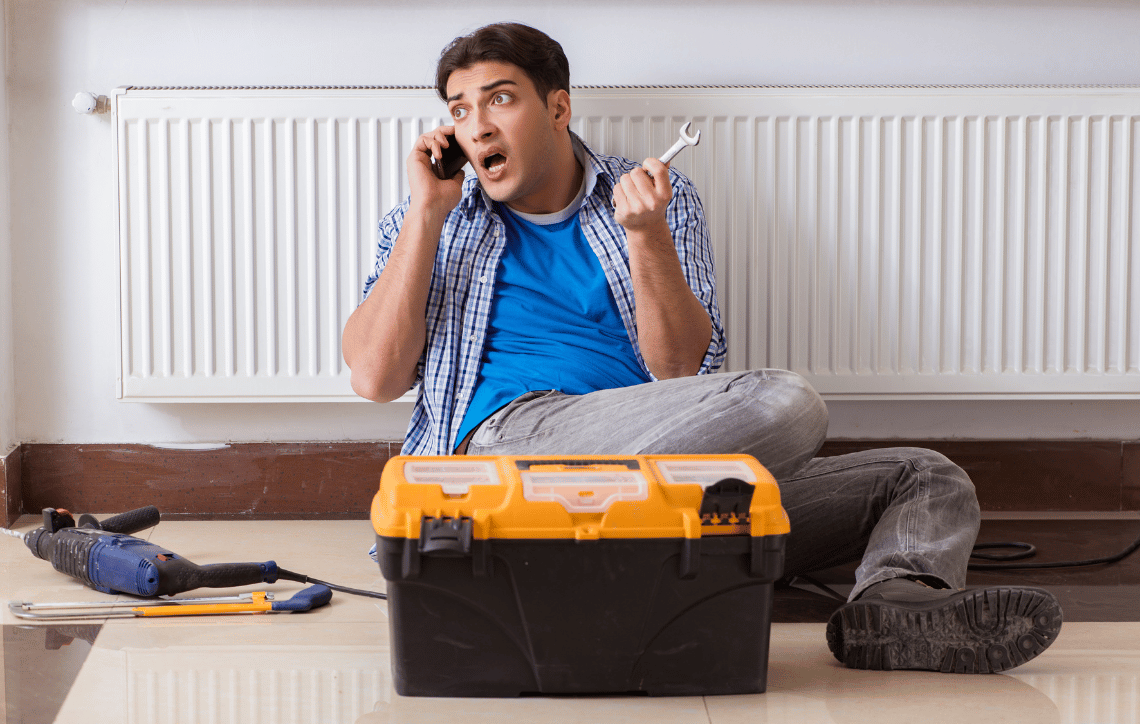
The next thing you'll need to consider is the repair costs. If your HVAC technician is suggesting extensive and costly repairs, you might want to get a second opinion. Even if the cost is not in the thousands, you will want to consider how often you spend money to repair the unit because that money adds up over time. It's helpful to rely on a simple equation to determine if repair is a better choice than replacing an air conditioning unit. Take the estimated repair cost and multiply it by the age of the unit. If that amount exceeds the cost of a new unit, it is worth it to go all out for the replacement.
If the repair cost is a significant fraction of an entirely new system, then a replacement is a better option. Investing in a new HVAC system is going to cost you more, but it guarantees better efficiency, lower utility bills, and peace of mind. Moreover, newer models come with advanced features such as smart thermostats that can save you even more money. It's important to weigh the cost of repairs and potential savings before deciding.
Factors That Influence HVAC System Cost
HVAC units are the biggest factor determining cost, but other factors may increase your total.
- Size of the unit: The size of your HVAC system depends on the size of your home. Larger homes require larger units, resulting in higher costs.
- Efficiency rating: More energy-efficient systems tend to be more expensive, but they result in lower utility bills in the long run.
- Ductwork and installation: If you need new ductwork or significant changes to your existing ductwork, it can add to the overall cost of your HVAC system.
- Location: Location, Region, and climate matter when finding the right system for your home and saving energy.
- Brand and model: Different brands and models come with varying price points based on features, so it's essential to research and compare before making a purchase.
Decreased Efficiency:
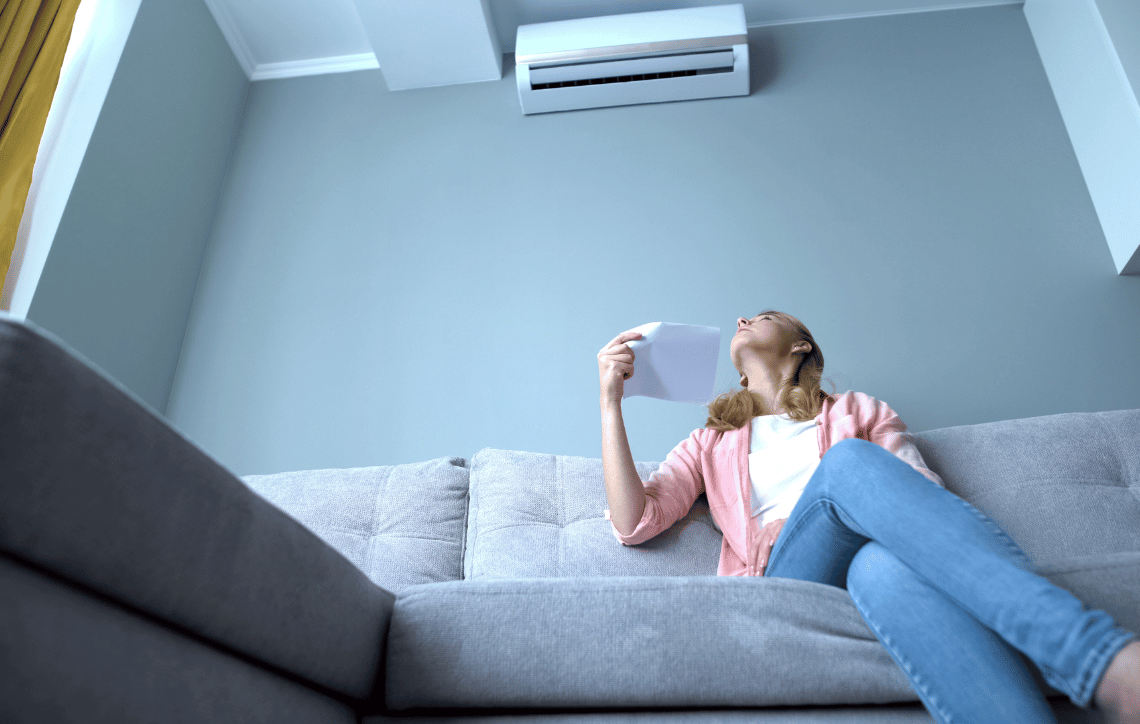
Are you experiencing temperature fluctuations in various parts of your home? Is your HVAC system struggling to maintain the set temperature? If yes, your system is losing its efficiency, and a repair might not be enough. If it is not keeping your home comfortable and energy-efficient, it is time to replace it.
Emergencies:
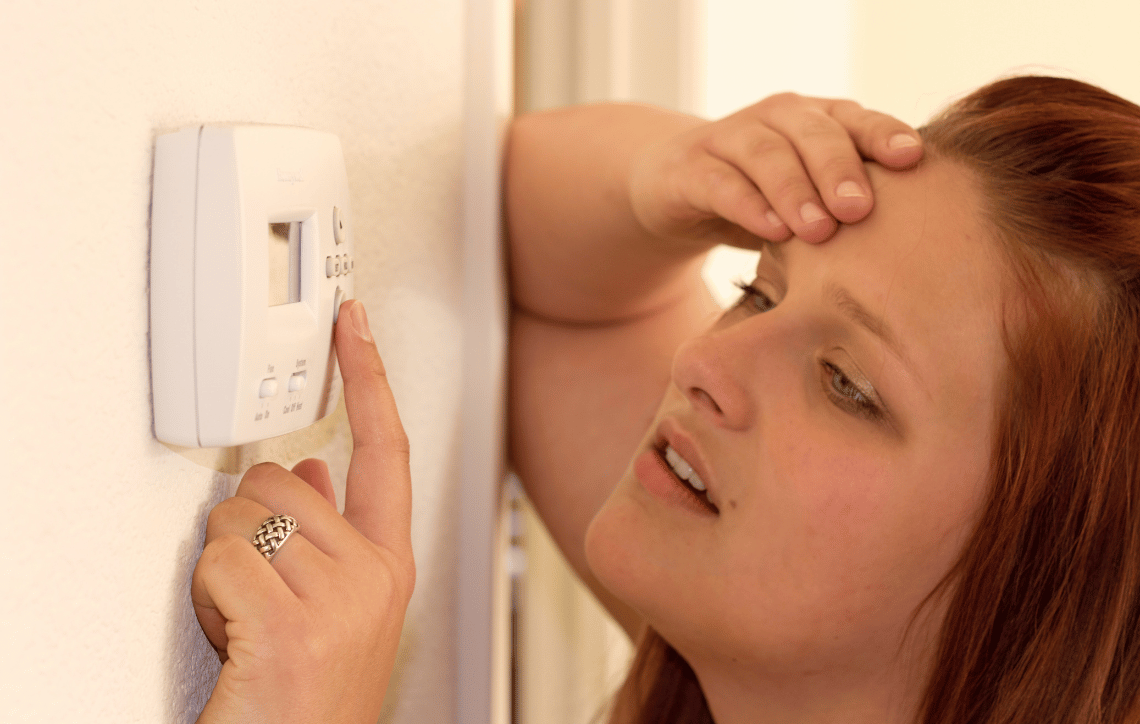
Unforeseen equipment breakdowns can be stressful. Emergencies can threaten your and your family's safety and lead to costly repair bills. If your HVAC system is older, it may be more prone to breakdowns. Rather than risking your safety and comfort, it is better to replace your HVAC system.
Energy expenses

Older HVAC systems tend to consume more energy, which leads to higher utility bills. Replacing your old system with a new, energy-efficient unit will reduce your monthly energy bills. Most new HVAC systems have higher SEER (Seasonal Energy Efficiency Ratio) ratings, which identify their energy efficiency. Higher SEER numbers result in lower utility bills.
Health issues
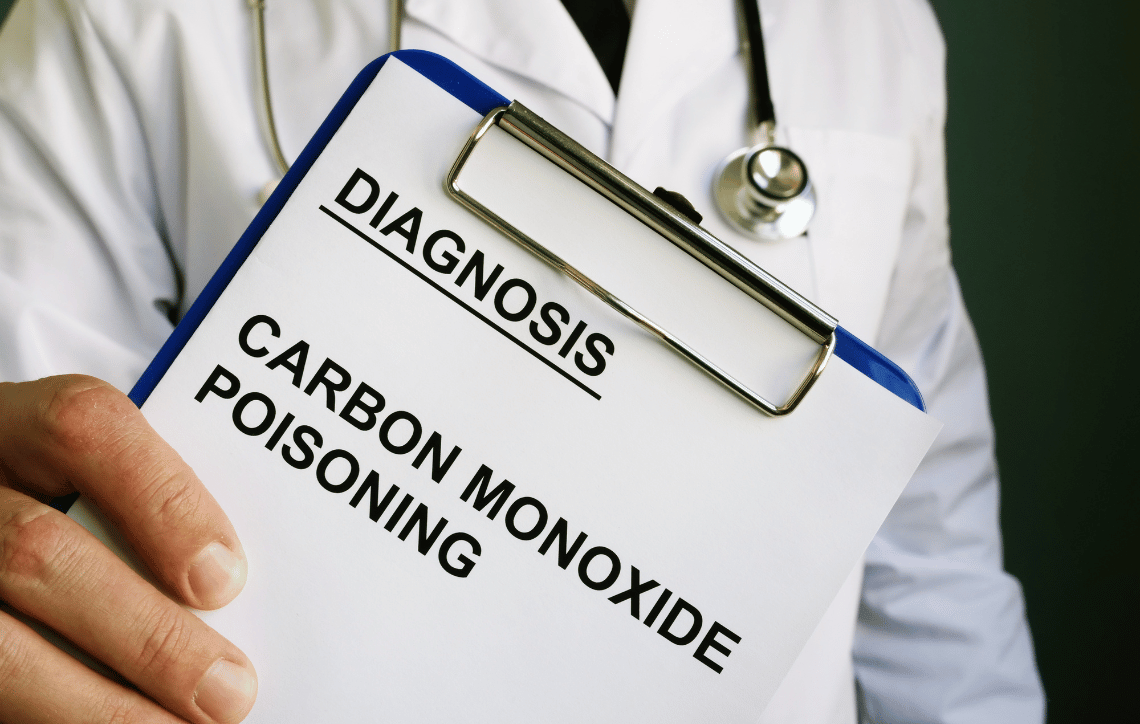
A poorly functioning HVAC system can lead to health issues, especially if it's not cleaned and maintained regularly. An old system can accumulate dust, dirt, and allergens, which can trigger respiratory problems for you and your family. If you have family members with asthma or allergies, a new and efficient HVAC system can go a long way in improving their health and quality of life. Your air conditioner poses safety risks you never want to mess around with safety as a homeowner. If an HVAC service technician tells you that your AC unit is producing carbon monoxide or is a fire hazard, replacing the unit is necessary. It is always better safe than sorry.
The extent of damage
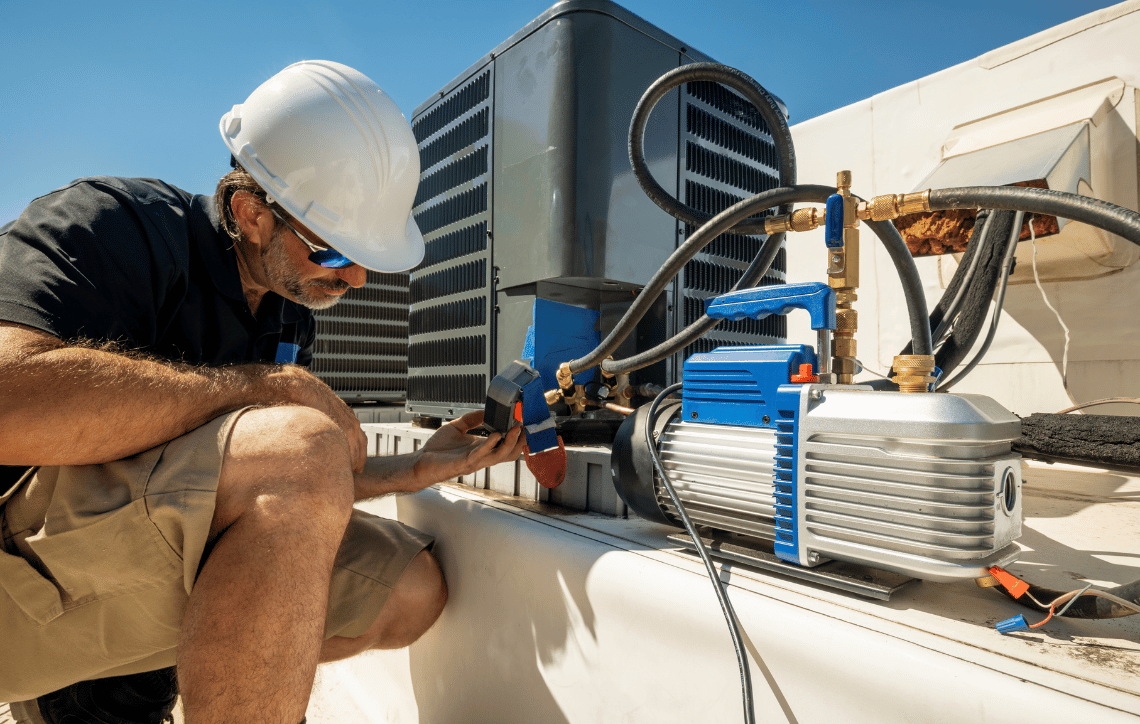
When your HVAC system breaks down, and it's time to decide, consider the extent of the damage. Sometimes, the issue may be minor, and a repair might be the best solution. But if the damage is too severe, replacing the entire unit might be more economical in the long run. A reliable HVAC company can advise you on the extent of damage and provide you with a cost estimate for repairing versus replacing the system.
Other Repairs and Replacements
HVAC repairs and replacements should be scheduled immediately. Below are other repairs you can take at HVAC installations/upgrades.
- Insulating your home, including the walls, attic, and basement. This is an effective way to reduce energy wastage.
- Upgrade your windows: The heating and cooling of your home can escape through poorly insulated or single-paned windows. Consider replacing them with energy-efficient double-paned windows.
- Schedule regular maintenance: Getting a tune-up for your HVAC system can help identify any potential problems and keep it running efficiently.
- Replace outdated appliances with energy-efficient models: Appliances such as refrigerators, dishwashers, and washing machines consume a significant amount of energy. Replacing them with newer, more efficient models can save you money on your utility bills.
- Utilize natural light: During the day, rely on natural light instead of artificial lighting to reduce electricity usage. This can also help improve the overall atmosphere and mood in your home.
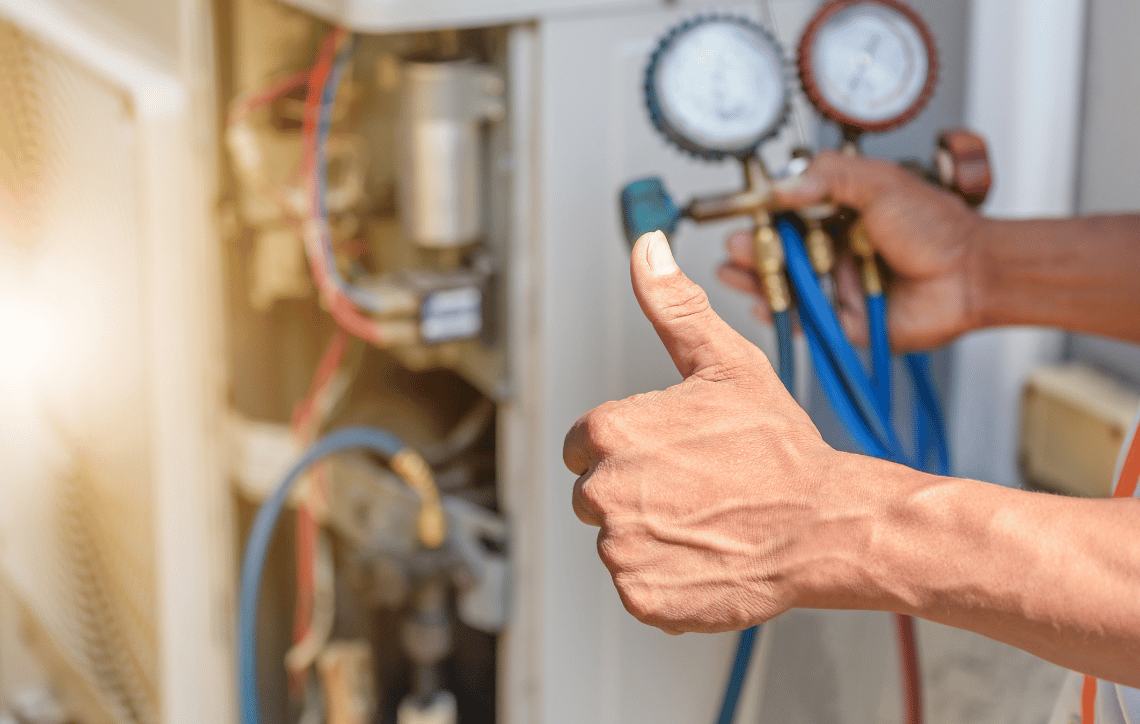
HVAC systems are one of the most crucial parts of our homes. They help us maintain comfortable temperatures, and we rely on them all year round. When it comes to fixing a no-heat issue or other HVAC problems, it's essential to know when to replace your HVAC unit rather than repairing it. If your HVAC system is old, has frequent repairs, or has decreased efficiency, it may be time to consider replacement. Emergencies also call for immediate attention and replacement. A new HVAC system would provide better efficiency, lower utility bills, and a guarantee of more comfortable and safer living conditions. Remember, never compromise on your safety, comfort, or health. Always consider the long-term costs of repairs and replacements when deciding what to do with your HVAC system.
Is your HVAC system giving you trouble? Don't sweat it! Our team of professionals is here to guide you in making the right choice. Get in touch with us today and let us help keep your home comfortable and energy-efficient.
